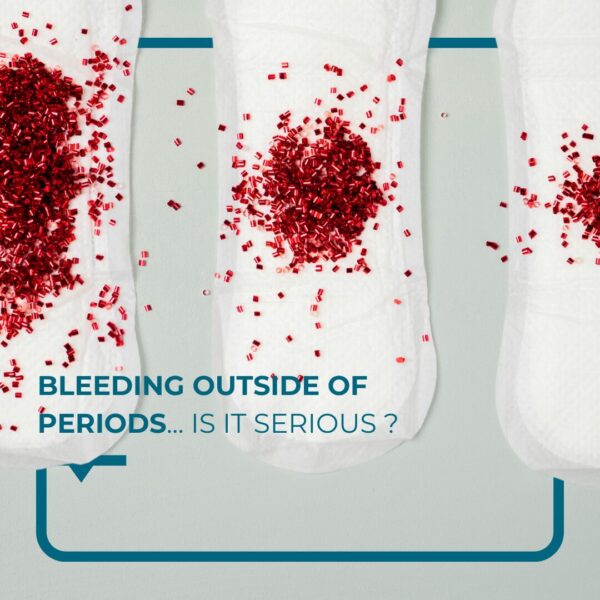João, 58, wondered whether his difficulty urinating and the need to get up several times at night were just age-related inconveniences. He had heard of prostate problems but had never imagined that these symptoms could indicate malignant degeneration of glandular cells. These subtle signs, often overlooked, are actually the starting point for a crucial reflection on men’s health.
But what exactly is prostate cancer? And why is screening so important, especially after the age of 50?
Hello, I’m Dr Joy!
In this article, on the occasion of Movember, we will explore the prevalence of this disease, its risk factors, the importance of early detection, and the available management options.
I – A Common Disease in Men
Prostate cancer is the most common male cancer. In France, it is particularly frequent, with 59,885 cases in 2018. One in seven men will be affected in their lifetime. In Portugal, it is also the most significant and common type of cancer among men.
Although common, it remains the third leading cause of cancer-related death among men in France. Prostate cancer is the formation of a tumour, usually an adenocarcinoma, resulting from the malignant degeneration of glandular cells.
The prostate itself is a gland located in the lower urinary tract, beneath the bladder and around the urethra, and it plays an important role in producing part of the fluid that makes up semen.
II – Risk Factors and Symptoms
Prostate cancer develops slowly and insidiously, and it is rare before the age of 50. It generally affects men over 65, and more than 90% of cases appear after 55.
Risk factors include:
- Family history (genetic forms)
- Lifestyle-related factors (unbalanced diet, sedentary lifestyle, alcohol and tobacco consumption)
- Obesity
- Age and ethnicity
At the beginning of the disease, there are often no symptoms. This silent progression is why screening is crucial. Later, if untreated, symptoms may appear, such as difficulty urinating or blood in the urine (haematuria). Bone pain may also occur in more advanced forms.
III – The Crucial Role of Screening
Screening allows detection of this cancer at an early stage.
It relies on two main methods:
- Clinical examination with a digital rectal exam, performed by a GP or urologist
- Blood test to measure PSA (Prostate-Specific Antigen)
It is important to note that a high PSA level does not automatically indicate cancer, as it can also be elevated in cases of inflammation or benign prostatic hyperplasia. Diagnosis is confirmed by a series of prostate biopsies.
Screening is recommended from age 50, or from 45 if there is a family history.
IV – Treatment Options
Management depends on many factors, including the patient’s age, tumour stage (classified from T1 localised to T4 metastatic), and its aggressiveness.
Specific treatments may include:
- Active surveillance: Often offered at an early stage for small, low-risk tumours, involving regular PSA monitoring (every six months), clinical check-ups, and multiparametric MRI according to progression.
- Surgical treatment (radical prostatectomy): Removal of the entire prostate gland, usually for well-localised forms in patients under 75.
- External radiotherapy: Offered to older patients or in more advanced forms.
- Brachytherapy: Placement of radioactive seeds, reserved for localised forms.
- Medical treatments: Hormone therapy or chemotherapy, combined with other treatments in extensive or metastatic cases.
The prognosis is often positive, as most men live normally for many years. The five-year survival rate after diagnosis is around 93%. The earlier and more localised the cancer is detected, the higher the chances of cure.
V – Movember: Let’s Talk Men’s Health
Prostate cancer is most often slow-growing. However, the absence of early symptoms highlights the importance of regular check-ups to aid prevention and early detection.
This Movember, we encourage you to talk about men’s health and consult your doctor to discuss the need for screening, especially if you have risk factors.
Beijinhos,
Dr Joy
Book your appointment now!This information is not a substitute for medical advice.
You must seek the advice of your doctor or another qualified health professional with any questions you may have regarding your health condition.
Sources:



